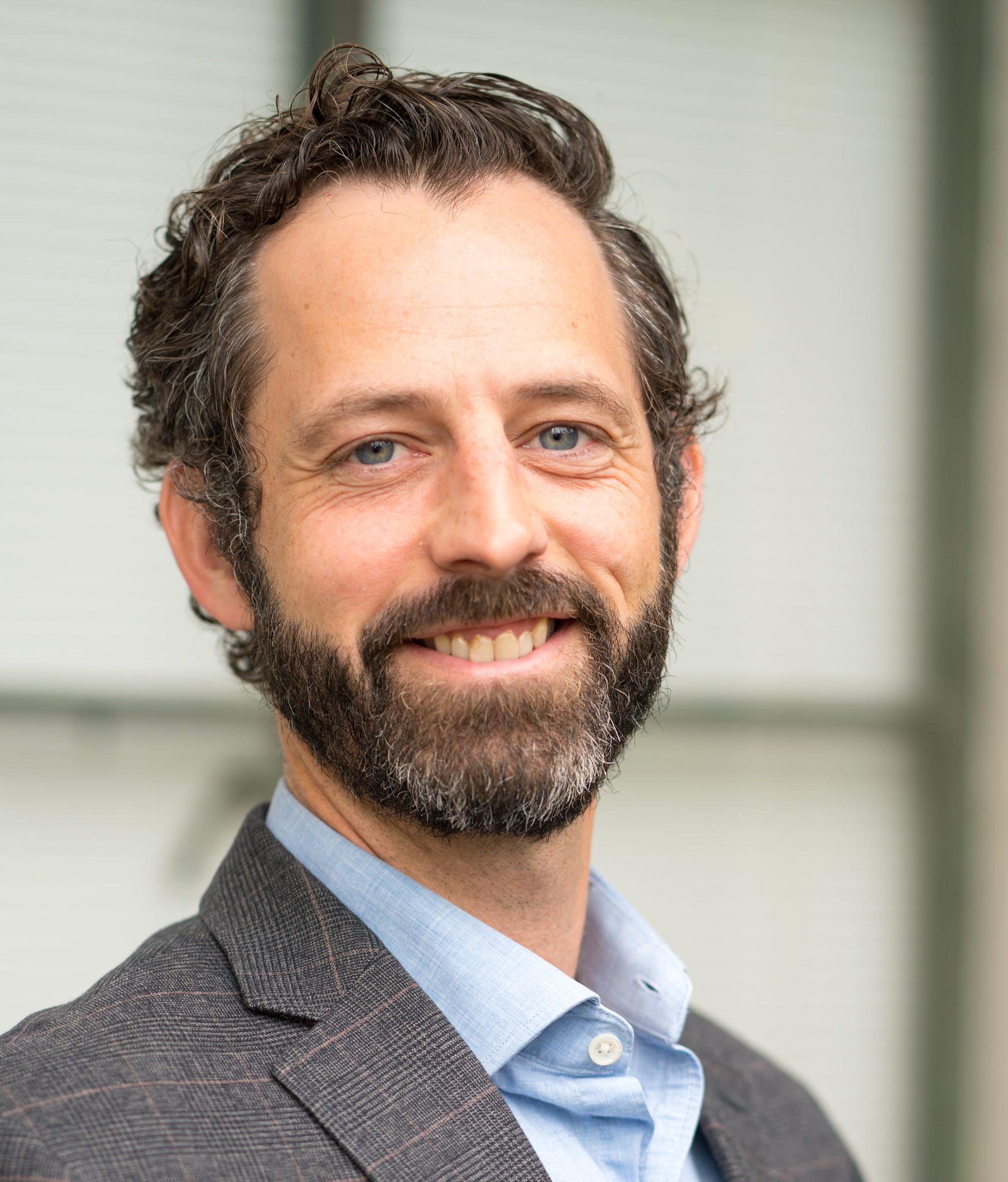Faculty Affiliate Spotlight: James Sallee
October 5, 2023
 We sat down with James Sallee, Professor in the Agricultural and Resource Economics department at UC Berkeley and Faculty Affiliate at the Energy Institute at Haas, to learn about his path to the Energy Institute.
We sat down with James Sallee, Professor in the Agricultural and Resource Economics department at UC Berkeley and Faculty Affiliate at the Energy Institute at Haas, to learn about his path to the Energy Institute.
Q: How did you become interested in energy and environmental economics?
A: Largely, by accident. As a graduate student, I was a tax economist and happened to be studying a tax policy to subsidize hybrid electric vehicles. I found that every time I described what I was doing to people, they were more interested in the environmental angle than the tax angle. Over time, I became more and more interested in the environmental questions myself, and gradually the topic has taken over my research agenda.
Q: What brought you to UC Berkeley and the Energy Institute?
A: It was the faculty and especially the students. I want my career to have an impact. I like writing my own papers, but I believe I multiply my impact when I spend time helping to train the next generation of researchers, so I was eager to work with PhD students in my field. Before coming to Berkeley, I knew that it had the best PhD program in my field – it had trained many of my peers and co-authors. So when the opportunity arose to move to Berkeley, I jumped.
Q: How would you describe your overall research focus?
A: It’s a mix of looking at empirical data and using economic models and economic reasoning to draw conclusions about how we can do a better job of reducing pollution in our economy at lower cost. I spend a lot of time studying the transportation sector and, increasingly, electricity. I want to produce credible results that drive policy to make effective progress on reducing pollution, especially greenhouse gas emissions from energy use.
Q: What is one research project you are most proud of?
A: I’m most proud of an ongoing project that I’m doing with Meredith Fowlie and Severin Borenstein focused on electricity rate design in California and, potentially, beyond. The state is currently considering how to reform rates in response to this project. I have other projects that might be more clever academic exercises, but I’m particularly proud of this one because of its potential impact on the world.
Q: Finally, what’s an ongoing project that you’re excited about?
A: I’m particularly excited about new work I’m doing that studies the interaction of voluntary decarbonization frameworks and public policy, with an initial project on agricultural emissions. About an eighth of global greenhouse gas emissions come from agriculture and land use. Governments have been hesitant to impose additional costs on agriculture so have been relying on voluntary actions where farmers can do things to capture more greenhouse gas emissions in the soil and sell credits to corporations who want to use offsets to lower their carbon footprint. Structuring these incentives as offsets solves a political economy problem, but it creates lots of risk of unintended consequences and inefficiencies. I’m excited to study these issues and see if researchers can make positive contributions to a bigger societal conversation about the role these markets should play in our decarbonization plans.
